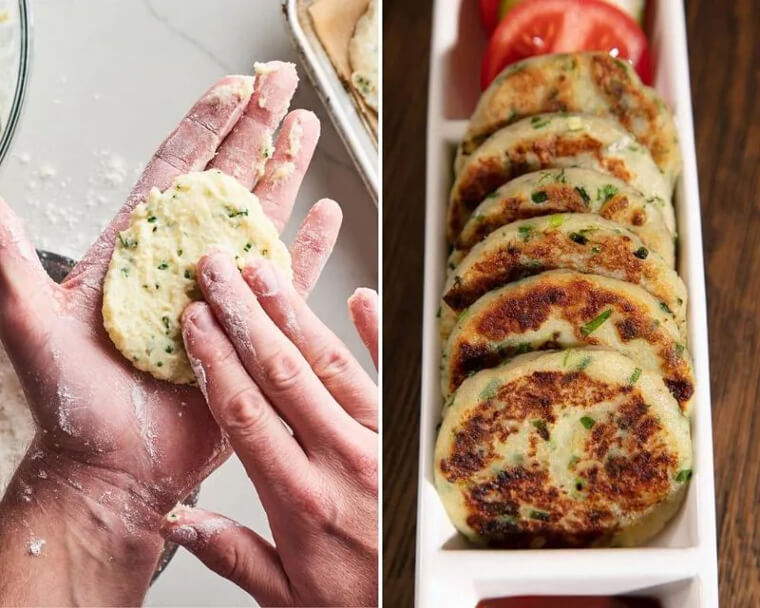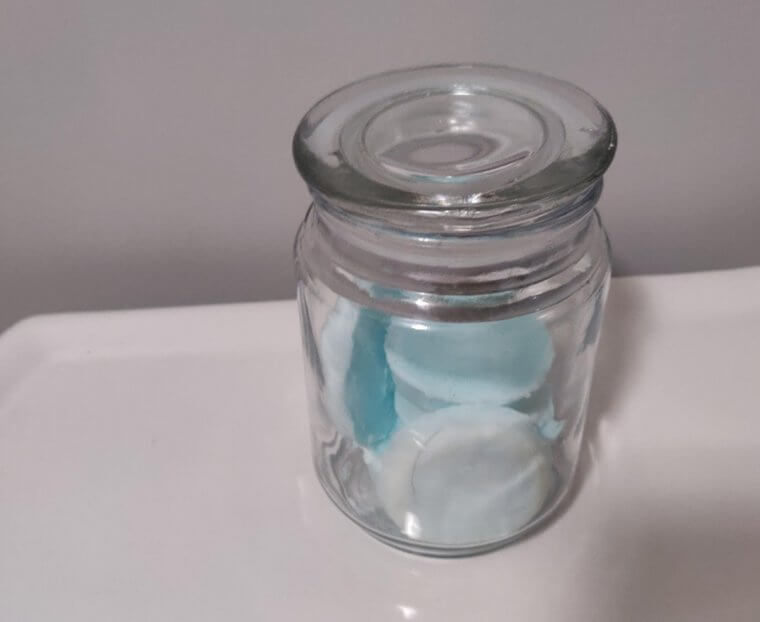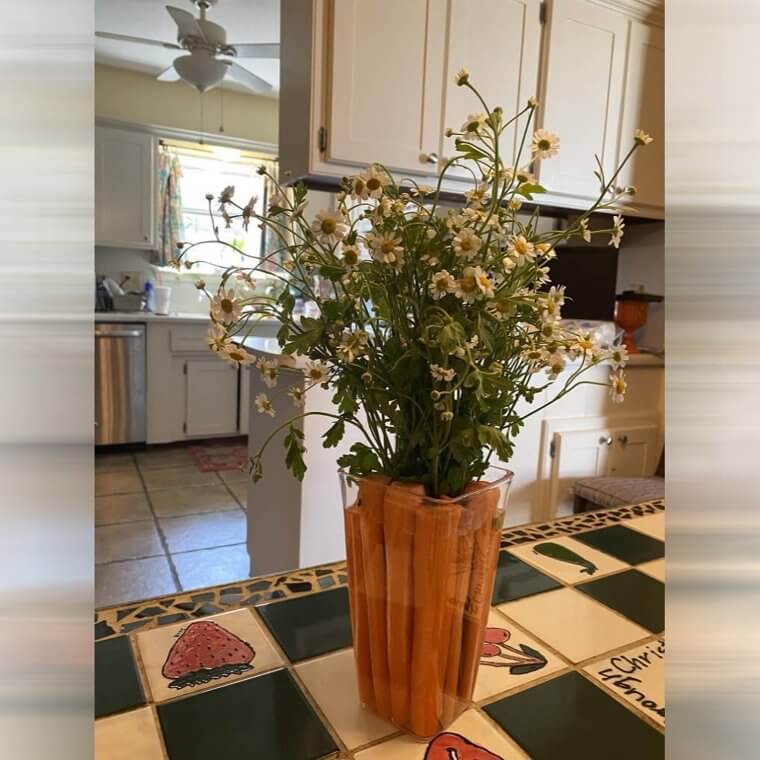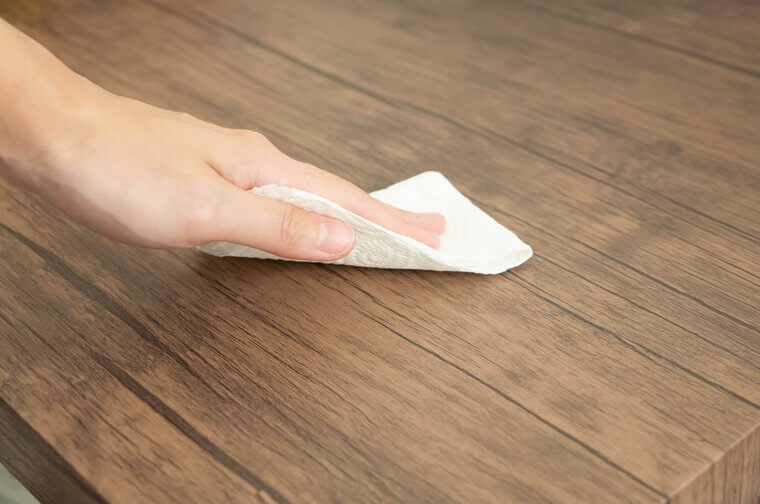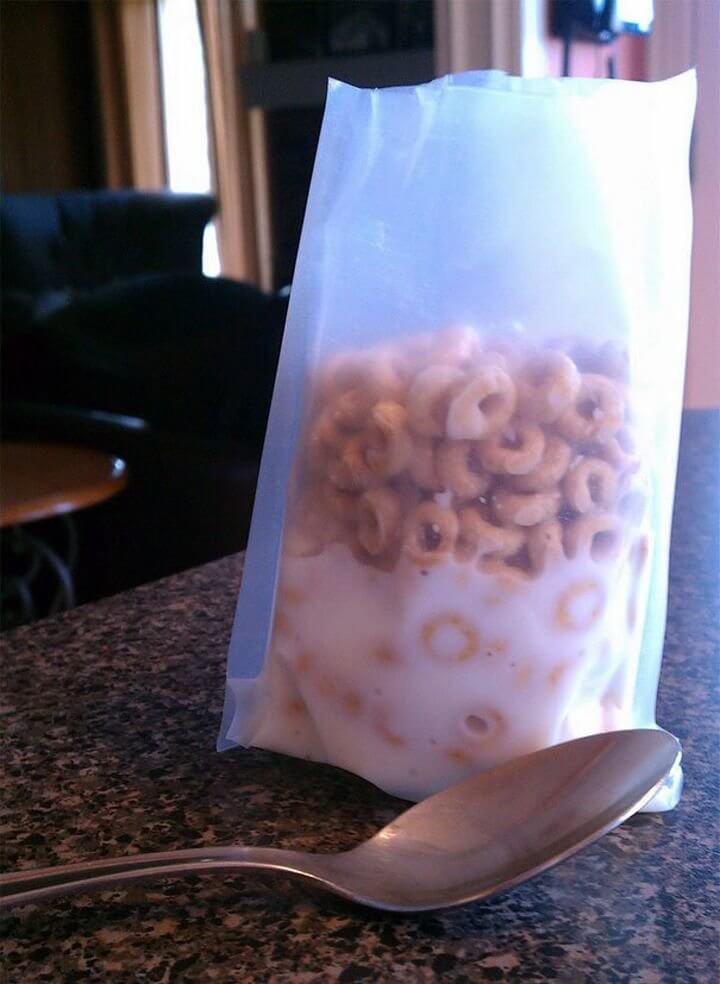Master A Couple Of Dishes
Before you can experiment with a dish, you must first master it. That might sound kind of cheesy (no pun intended), but it really does apply to cooking — and most other things in life. After you master a couple of classic dishes, you'll be able to vary of the recipe and experiment with different seasonings, ratios, and ingredients, which is something that can get pretty pricey if you're constantly out buying different ingredients.
That's why it's much better to focus on a few classic dishes. And those dishes could be just about anything, from dishes from your childhood to dishes from a completely unfamiliar cuisine.
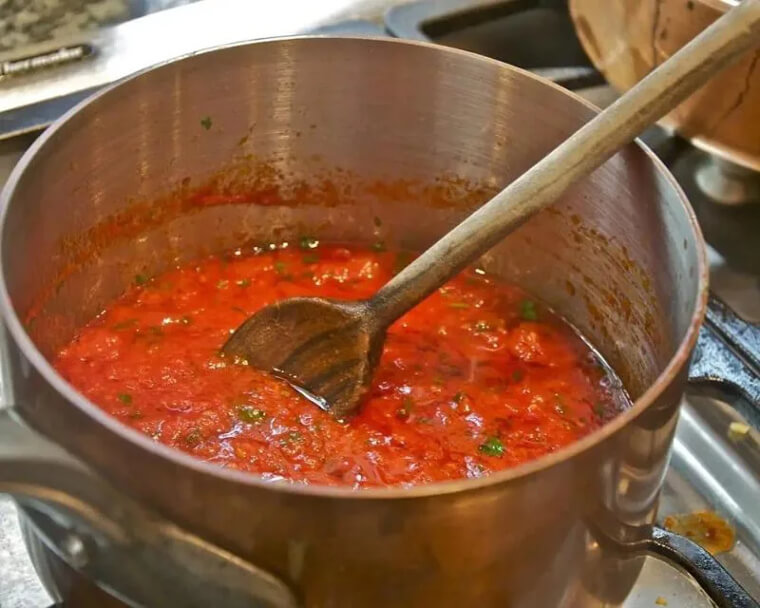
Shop For Produce That's In Season
The great thing about produce is that price is usually determined by quantity. There are no markups based on a brand name. That's why produce that's naturally in season is usually priced cheaper than produce that had to be shipped in and wasn't grown locally. Buying in-season produce not only helps you save money but also helps support local farmers. If you're looking for the cheapest price possible then head to your local farmer's market.
If you don't have a local farmer's market, then most grocery stores will also price produce that's in season lower, too. However, their prices might be able to match buying directly from farmers.
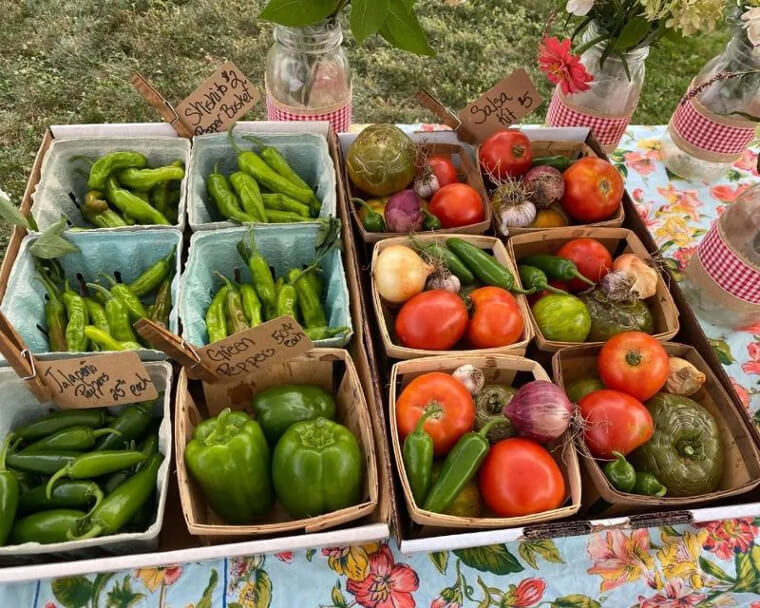
Scour The Grocery Store Shelves
Here's another little trick most grocery stores use to tempt consumers into spending more money. A lot of times, they put their most expensive items in the middle of their shelves, where our eyes naturally tend to fall. However, if you can force yourself to be a more conscious shopper, then you might just start noticing a lot more deals the next time you head to your local supermarket.
Try forcing yourself to look high and low when you're out shopping or even going for the store brand, which isn't always displayed as prominently as you might think.

kamakshisharmaa/Instagram
Keep Garlic Away From The Sunlight
What do garlic and vampires — two eternal enemies — have in common? Well, it turns out that they both hate the sunlight. Garlic will start to sprout if it's stored somewhere in direct sunlight. Meaning it won't last as long and cause you to spend more money going out and buying new heads of garlic. Instead, store garlic in a dark spot at room temperature so that it will last longer.
It'll save you a bit of money and also an unexpected trip to the store to buy fresh garlic the next time a recipe calls for it.
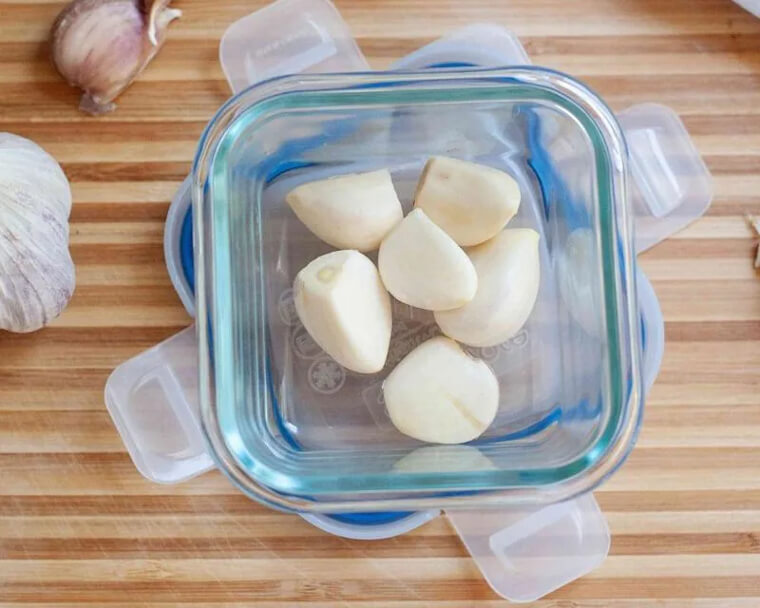
Store Bread In The Freezer
This works for any type of bread, but it's a great hack for more expensive loaves of bread that might spoil quicker than slice loaves. Just store your bread in a freezer and break it out anytime you need a slice. It'll ensure that your bread doesn't go bad before you even have a chance to finish the entire loaf. Just make sure to wrap it in something before you freeze it if it didn't come wrapped.
This hack will help stretch out the life of your loaves and cut down on any waste that might occur if your bread goes bad before you have a chance to finish it.
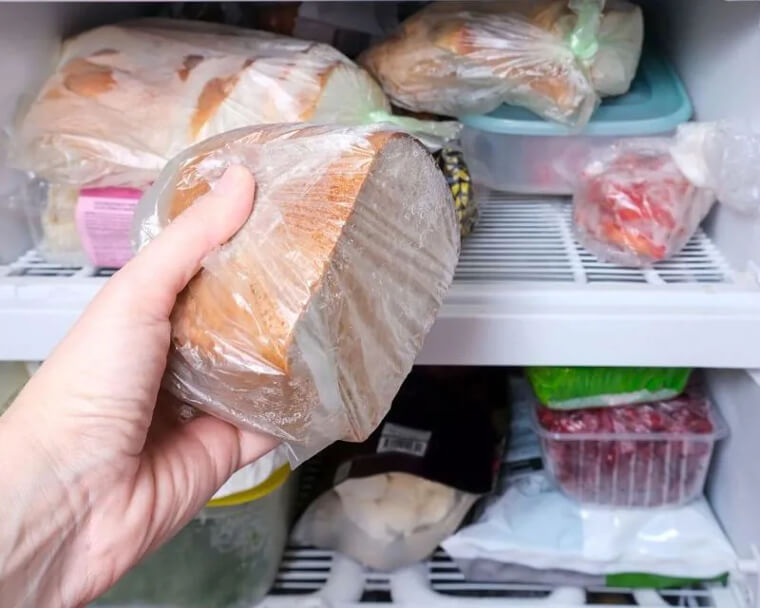
Switch To Lemon Juice
Buying fresh lemons every time a recipe calls for a little bit of lemon juice can quickly become quite a hassle. After all, a single lemon is pretty much done after just one use, and most people don't buy lemons in bulk. That's why it sometimes just makes more sense to buy lemon juice instead. It'll last on your shelf, meaning no more having to go out to the store and pick up lemons just because a recipe calls for it.
It might cost a bit more than a single lemon upfront, but it'll save you some money in the long run, and it'll also cut down on food waste.
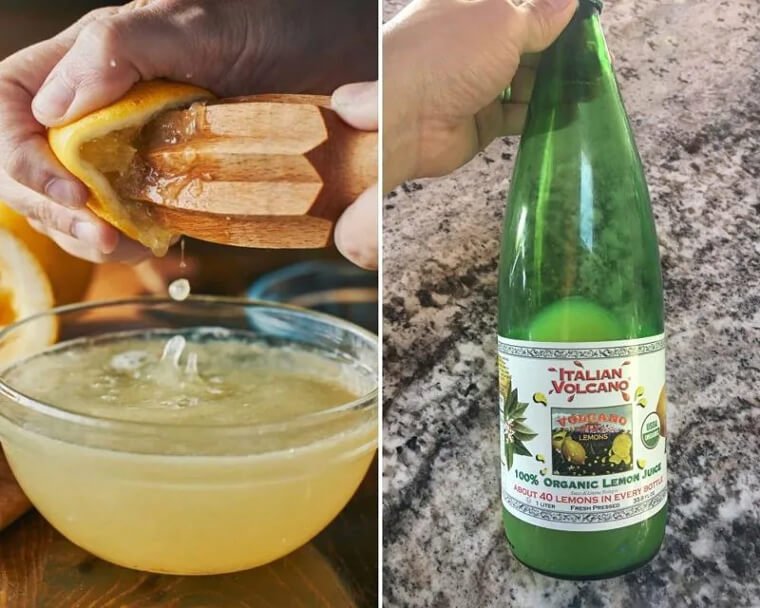
Save Leftover Mashed Potatoes
Potatoes might just be one of the most versatile vegetables out there, and the same goes for leftover potatoes. You can easily turn them into potato cakes or even hashbrowns for breakfast. It only takes a couple of minutes to form them into little circles and another couple of minutes to fry them up. If you want to spice them up a bit more, just add some herbs and a bit of cayenne before frying them up.
Not only will this help save money on another meal, but it'll also cut down on food waste. But you might need to add a bit of flour to the mix for some recipes.
